Video
youtube
Probably my favorite scary thing Neil has ever written (which is saying something, given how many scary things Gaiman has written during the span his career). It’s just a brilliant, masterful piece of creepy storytelling.
This reading of the story is particularly great because of the audience, whose reaction gradually goes from amusement to unease to full on silent fucking dread and discomfort during the course of the story and it is just a glorious thing to witness.
4K notes
·
View notes
Text
Did you know Brooklyn has a motto? And an official flower? And a city of the unknown dead?

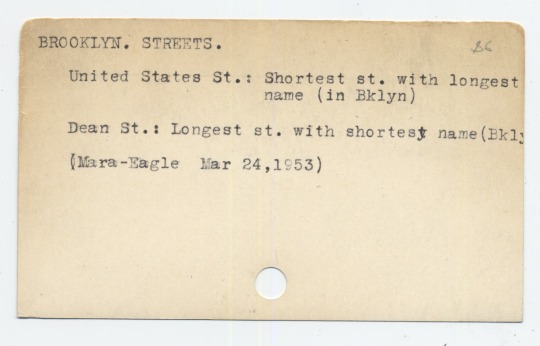
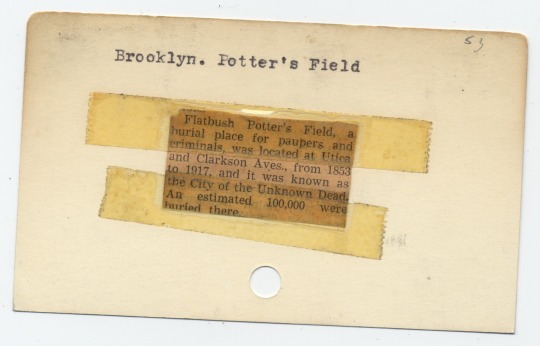
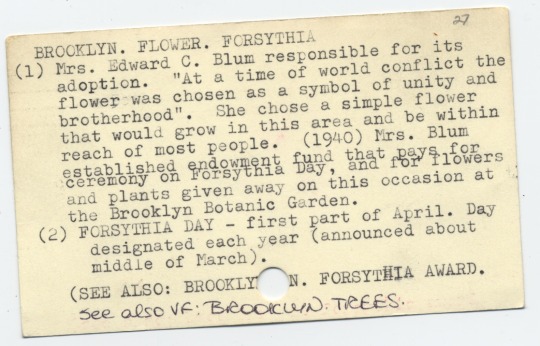
These are just some of the delightful local facts we came across when digging through some old reference cards.
772 notes
·
View notes
Photo
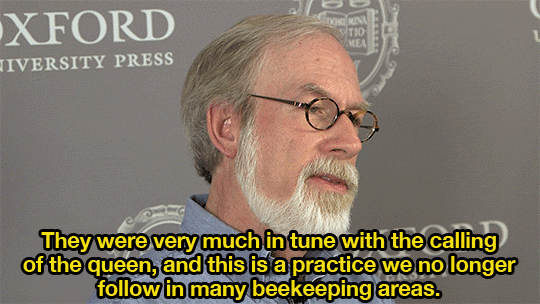

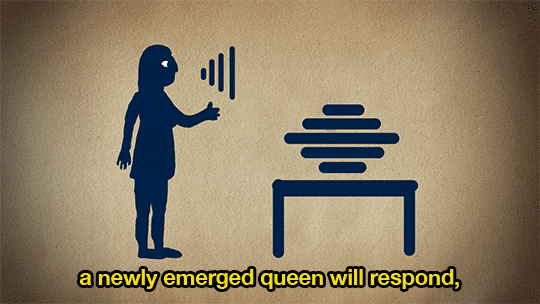
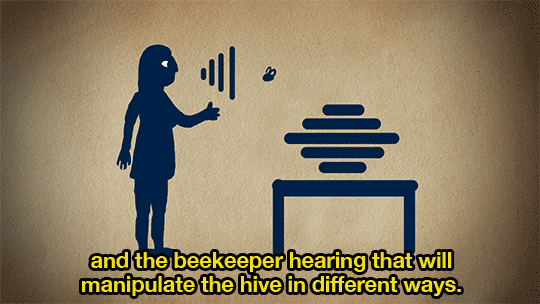
Gene Kritsky, author of Tears of Re, describes an ancient Egyptian beekeeping technique: the calling of the queen. You can learn more about ancient Egyptian beekeeping by watching the full video.
Gifs by Sara Levine for Oxford University Press.
2K notes
·
View notes
Text
What do Authors Want?
Hello, tumblr.
I’ve just recently started work at a small publishing company, and one of the many little projects I’ve been assigned is a research presentation on what it is authors of scholarly articles want.
There may not be a very big market for that here, but I have seen and followed a few of you.
So tell me, if you would. As a scholarly author, or as a publisher who has experience with them, what do these authors want?
1 note
·
View note
Text
LPC Forum 2015: Conference Presentation Roundup
Image: Educating and Supporting Editors in Library Publishing Programs Panel
Librarians and academics involved in publishing from around the world gathered on March 29th and 30th to take part in the second annual Library Publishing Coalition (LPC) Forum.
Opening Keynote: Dr. Martin Paul Eve on Open Access
This year’s Forum featured a series of wide-ranging presentations and discussions on the outlook of library publishing, beginning with a keynote by Dr. Martin Paul Eve titled “Library Publishing, the Humanities, and Open Access.” Dr. Eve’s keynote drew from his recent open access (OA) book Open Access and the Humanities Contexts, Controversies and the Future, including an overview of how OA has traditionally been perceived by academics in and surrounding the humanities and projections for the future.
According to Dr. Eve, humanities scholars are eager to embrace open access but need certain challenges to be addressed in order to do so, which he sees the potential for libraries to alleviate. As with other disciplines, many humanities scholars find themselves publishing in paywall journals, despite favoring newer OA model publications, because they need to publish in journals with established reputations for career advancement and tenure review. Additionally, given the limited funding most receive, Dr. Eve said the majority of humanities scholars are unable to afford the high cost of OA publishing article processing charges. Dr. Eve sees the potential for libraries to change all of this by bringing their institutional validity to journals and helping to foster new OA publication funding models. “Libraries as publishers is one obvious solution to the OA dilemma,” he said. “Surely if each institution’s mission is to disseminate scholarly information, shouldn’t we have publishing at each?” Dr. Eve pointed to libraries’ ingrained understanding of the publishing process and focus on access, discoverability, and preservation as primary benefits of library publishing.
The role that libraries do and may play in OA publishing remained a thread throughout many of the subsequent LPC sessions. Wondering what some of the other core discussions held during the meeting were? Check out our roundup below!
Read More
1 note
·
View note
Text
Improve Your Journal's Metadata and Discoverability: Help readers find what they're searching for
Image Credit: Gandalf Cunningham, http://bit.ly/1xkkDL8
If a digital journal article is published with a title composed of words and phrases no one in the journal’s field is searching for, does anybody see it? Certainly some people will, but if you publish articles with unclear names, there’s a good chance that a lot of potential readers will miss out on those papers during their online research. The same holds true for articles published with insufficient descriptive data such as DOIs and keywords, better known as metadata, which internet search engines require in order to “crawl” new content and determine where it should show up in an online search. (We’ll get into the details of crawling later!)
So, what steps can journals take to ensure that their content is discoverable and appealing to both search engines and human readers?
One of the panels at the 2014 Association of American University Presses annual meeting titled “Meta Data and Discoverability,” offered some great insights for journals on how to apply search engine optimization (SEO) to their content. I wanted to take the opportunity to round up some of those insights. Below are some top tips editors shared on how to improve your journal’s SEO.
Read More
5 notes
·
View notes
